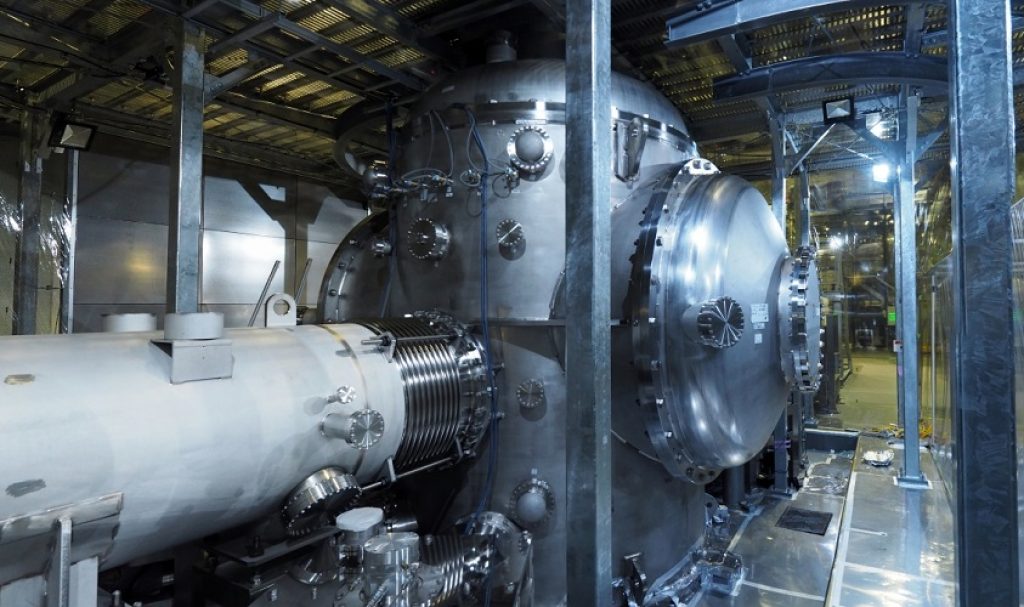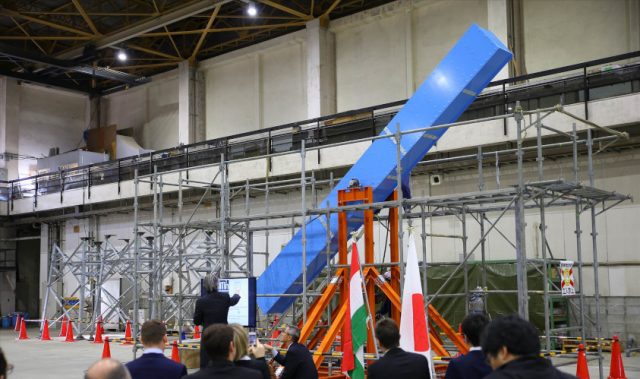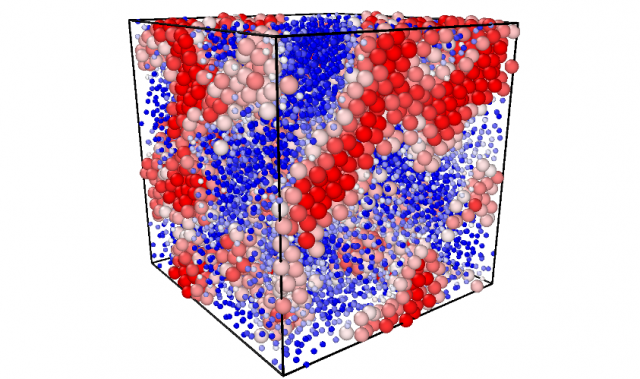
AsianScientist (Nov. 21, 2019) – The world’s three principal gravitational-wave detectors—LIGO in the US, Virgo in Italy and KAGRA in Japan—have signed a memorandum of agreement that covers scientific collaboration, including joint observation of gravitational waves and data sharing.
Gravitational waves are ripples in space and time caused by cataclysmic events such as supernovas and the mergers of black holes. Predicted by Albert Einstein over a century ago, detection of the first gravitational waves was made by the interferometers of the Laser Interferometer Gravitational-Wave Observatory (LIGO) in 2015. The confirmed findings were announced by the LIGO-Virgo collaboration in 2016.
Now, Japan is joining the fray of gravitational wave research with KAGRA, an observatory developed in Kamioka, Gifu Prefecture. The research facility was developed under the leadership of the University of Tokyo’s Institute for Cosmic Ray Research with contributions from the National Astronomical Observatory of Japan and the High Energy Accelerator Research Organization (KEK). Construction started in 2010, and the highly sensitive instrument is almost ready to use.
“We are very pleased to hold today’s ceremony to celebrate the completion of the construction of the large-scale, cryogenic gravitational-wave detector, KAGRA,” said Distinguished University Professor Takaaki Kajita, KAGRA’s principal investigator. “We hope to begin the observation by the end of the year, join the global network of gravitational-wave detectors and produce various important scientific results.”
The memorandum of agreement supersedes existing agreements between LIGO and Virgo. Once ratified by the governing bodies of each partner, the agreement will cover collaborative work initially until September 30, 2023. Thereafter, the agreement may be extended if all parties approve of the extension.
———
Source: University of Tokyo. Photo: University of Tokyo.
Disclaimer: This article does not necessarily reflect the views of AsianScientist or its staff.












